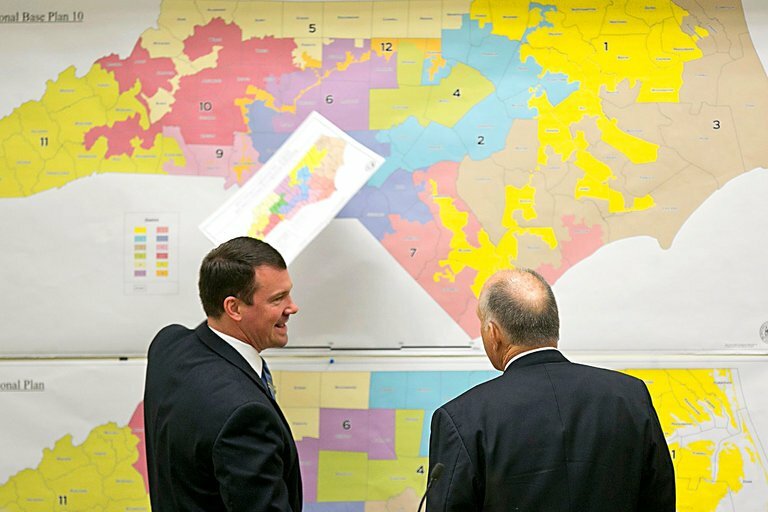Have you heard about Agenda 21? It’s the United Nations’ evil plan to totally dominate every aspect of your life from their perch in that green-marble-walled room in New York. Using friendly-sounding euphemisms like “smart growth” and “public-private partnerships”, the world’s most conniving politicians want to make the world’s 7 billion people into their own personal pawns.
Or so some grassroots activists would have you believe. Elaborate but anonymously-posted internet videos with computerized voice-overs clip together fragments of the UN Declaration on Human Rights, quotes from politicians, and lines from the Agenda 21 document itself to make the case that there’s an international conspiracy afoot. Some local activists are so worried that they have adopted a “you’re with us or you’re against us” approach to picking political candidates, pledging to openly work against anyone who does not subscribe to the panic over Agenda 21.
Is there any truth to it? According to a new report by the Heritage Foundation titled “Focus on Agenda 21 Should Not Divert Attention from Homegrown Anti-Growth Policies”, yes, but it’s not really worth spending much time talking about. In a study released yesterday, Wendell Cox, Ronald Utt, and Brett Schaefer caution that conservative activists “should recognize that Agenda 21 is simply another facet of smart growth and not allow it to divert them from opposing the more ubiquitous, overarching agenda of homegrown environmental extremists.”
Environmentalism certainly does represent a threat to our liberties and economic growth, the authors say. “Smart growth” policies really aren’t that smart, often doing far more harm than good. In many cases, the authors say, such policies are “driven not only by a distorted view of the environment, but also by the desire of those already in place to prevent newcomers from arriving and spoiling the rural ambiance of their suburban communities.”
But the key, Heritage says, is that we should focus on fighting foolish policies as they arise. To focus on a UN document generated 20 years ago may be helpful in a scholarly sense of understanding the evolution of ideas, but it won’t help win elections and therefore won’t help actually stopping harmful policies.
If opponents focus excessively on Agenda 21, it is much more likely that homegrown smart-growth policies that undermine the quality of life, personal choice, and property rights in American communities will be implemented by local, state, and federal authorities at the behest of environmental groups and other vested interests. Preventing American implementation of Agenda 21 should therefore be viewed as only one part of a broader effort to convince U.S. government officials to repeal destructive smart-growth programs and prevent the enactment of new ones.


